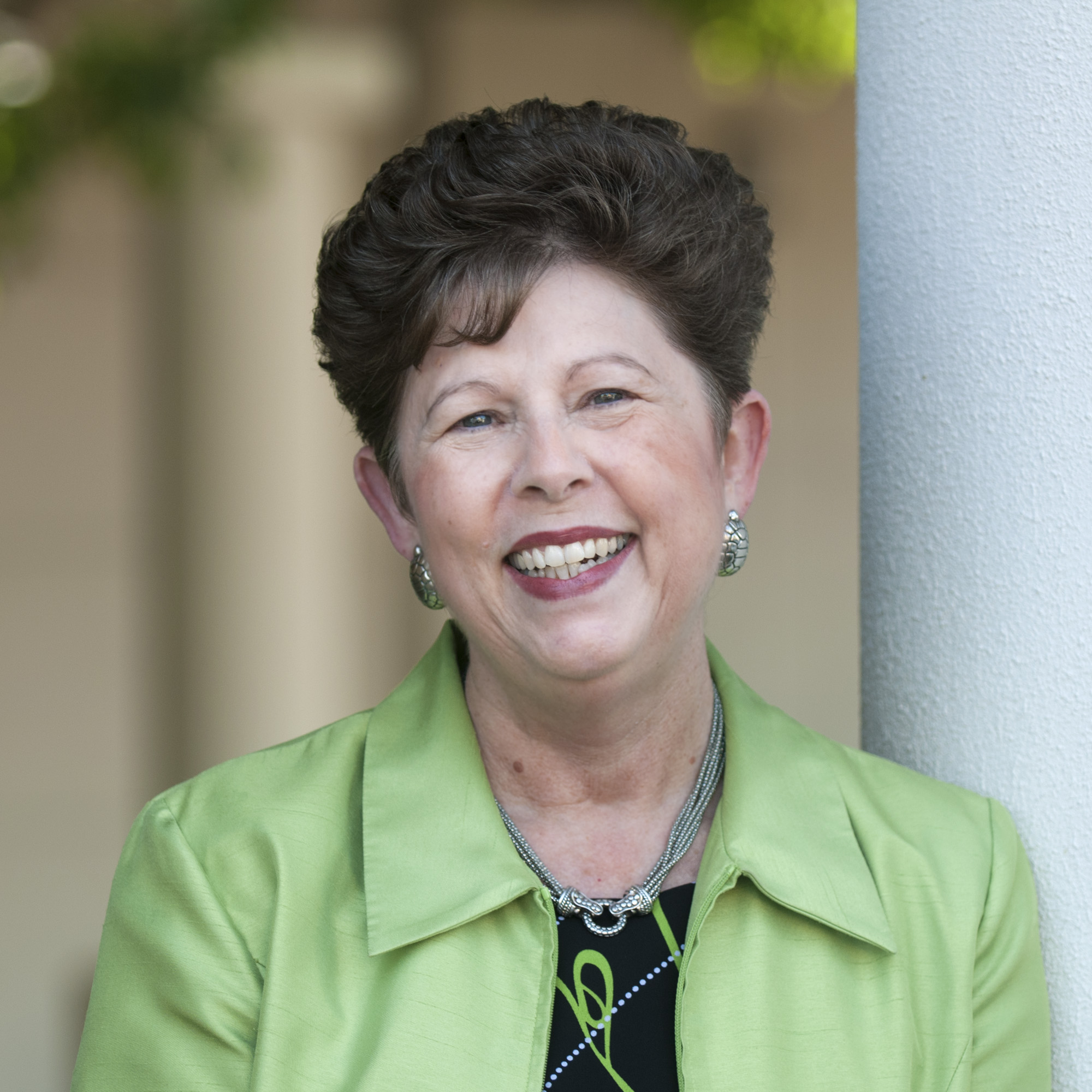A Vision for the Aging Church: Renewing Ministry for and by Seniors
Ministry with and for senior adults will be the twenty-first century’s greatest test of character, according to Houston and Parker in this book. The authors charge that thus far most churches have responded to this challenge with silence. Boldly, the authors challenge seminaries and churches to wake up and address the looming issues our nation and ministries will face as the population continues to age. They base their demands on a biblical anthropology, specific Scripture passages, extensive research, and their own projects and experience.
The authors’ impressive credentials give them a valid voice in the debate. Eighty-eight-year-old Houston helped found and lead Regent College in Vancouver, British Columbia, where he is still emeritus professor of spiritual theology. His energy and relational bent are evident in the chapters he penned. Parker is a retired lieutenant colonel in the United States Army, where his distinguished record was noted in the Congressional Record. He left the Army to pursue research that would help military families with issues related to aging parents. He now serves on the executive board of the Center for Mental Health and Aging. In addition he teaches on the faculty of the University of Alabama in the division of gerontology, geriatrics, and palliative care. He and his Ph.D. students have received local and national awards for their community-based research on older people and the church.
Several themes are interwoven throughout the book. The authors are on a crusade against “ageism,” defined as a form of prejudice that views older people as sick, demented, frail, disabled, powerless, sexless, passive, alone, and unable to learn. Today adults live longer, healthier lives than adults at any other time in history. The church must stop viewing the aged as a burden and instead see them as a priceless resource. At a time when many churches are struggling financially, seniors give more money than other generations. They pray. They enjoy more time to volunteer and mentor others. They have rich life experiences. The authors ask the church to consider ministry by seniors as much as ministry to seniors.
The book is divided into five parts. The first describes the changing demographics in the world today, highlighting the challenges ahead. Part 2 examines biblical and theological mandates related to aging with special emphasis on the role and benefits of elders throughout biblical history. The third section provides solutions for the church and includes an interesting chapter on myths and realities related to aging. This part of the book describes the potential role of faith communities in elder care, how to create senior ministry associations and ecumenical partnerships, and suggests several successful collaborative models as churches share in meeting the needs of seniors in their churches and communities. Parts 4 and 5 discuss various topics related to aging, including, for example, depression, Alzheimer’s disease, and facing death and bereavement. The book ends with several useful appendixes, especially a 31-question survey to help churches assess the range of services offered by their congregations.
The book is weighty but readable, full of data, but not dry, and could function as a helpful textbook. It is well written, the best this reviewer has found on the topic, although a few negatives may be noted. The authors seem to assume that all churches cater to younger generations, are led by youth, and have adopted methods to win young people while disregarding the voice and preferences of seniors. While this may be true in some churches, it is not true in many where key leaders are still older men, and younger generations make the charge that they are disregarded. Also the authors’ view on the primacy of the sixth commandment and related arguments on keeping the Sabbath are a bit of a stretch.
Those weaknesses are minor compared with the massive amount of useful information about the serious nature of an issue that few churches address and few ministers prepare for. This book challenges pastors, lay leaders, and congregations to embrace healthy attitudes and actions toward aging adults, for the sake of themselves, for the future of the church, and for the glory of the Lord Jesus Christ.
About the Contributors

Sue G. Edwards
Dr. Edwards’s heartbeat is to reinforce ministry partnerships between men and women, which strengthen church and parachurch organizations locally and worldwide. She has over forty years of experience in Bible teaching, educational ministries, leading ministry to women, retreat and conference speaking, training teams and teachers, overseeing staff, and writing curriculum. As former minister to women at her local church she experienced healthy men and women partnerships on staff, and her passion is to pass on what she has learned. She is the author of “The Discover Together Series”, currently providing thirteen inductive Bible studies for women (www.discovertogetherseries.com), co-author of five leadership books for women, and co-editor of “Invitation to Educational Ministry, Foundations of Transformative Christian Education.” Dr. Edwards’s research and teaching interests include coaching and instructing women to teach the Bible and organic mentoring. Married to David for forty-six years, she especially enjoys romping with their five grandchildren and their two west highland terriers.
